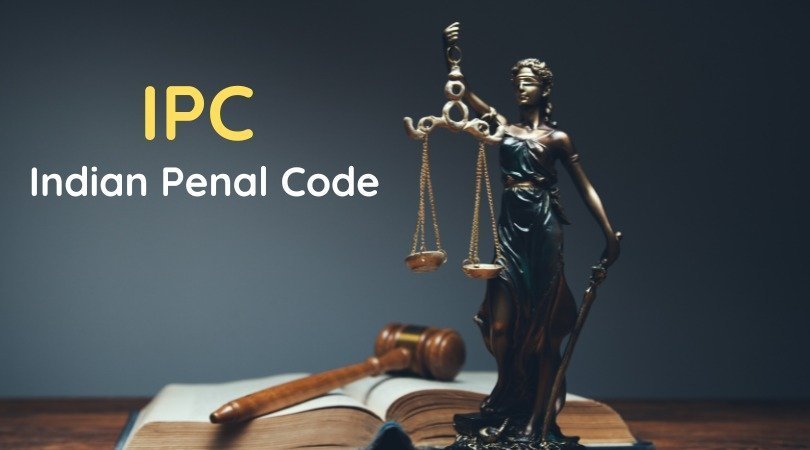
Protecting Yourself from Debt Collectors: Understanding Laws and Rights in India
May 19, 2023/

Protecting Yourself from Debt Collectors: Understanding Laws and Rights in India

Introduction:
Dealing with debt collectors can be a daunting experience for individuals struggling with financial obligations. However, it is essential to be aware of the legal protections and rights in place to ensure fair treatment during the debt collection process. In this comprehensive blog, we will delve into the measures you can take to safeguard yourself from aggressive debt collectors, the laws enacted to protect consumers, and real-life examples illustrating the application of these laws in India.
Understanding Debt Collection and Your Rights:
When debtors are unable to fulfill their financial obligations, creditors often employ debt collectors to recover the outstanding amounts. While debt collectors have the right to pursue repayment, they must adhere to legal guidelines and respect debtors’ rights throughout the process. Understanding your rights as a debtor is crucial. Here are some key laws and regulations that safeguard consumers in India:
The Consumer Protection Act, 2019:
This act establishes the rights of consumers and provides a framework for addressing grievances. It empowers consumers to file complaints against debt collectors who violate their rights and seek redress through the appropriate consumer forum.
Reserve Bank of India (RBI) Guidelines:
The RBI has issued guidelines to banks and financial institutions regarding fair debt collection practices. These guidelines prohibit harassment, intimidation, and coercion by debt collectors. They emphasize treating debtors with dignity and respect while communicating and collecting debts.
The Indian Contract Act, 1872:
This act governs the legal principles related to contracts, including debt agreements. It outlines the terms and conditions for repayment, ensuring fairness and protecting the rights of debtors.
The Securitisation and Reconstruction of Financial Assets and Enforcement of Security Interest (SARFAESI) Act, 2002:
This act grants banks and financial institutions the authority to recover outstanding dues from defaulting borrowers. However, it also includes provisions to safeguard the interests of borrowers, such as the right to be heard before the seizure of assets.
Case Studies:
To illustrate the application of these laws, let’s explore a couple of real-life case studies:
ICICI Bank Ltd. vs. Prakash Kaur:
In this case, the Delhi High Court ruled that debt collectors cannot resort to abusive language or engage in threatening behavior towards debtors. The judgment emphasizes the importance of treating debtors with respect and dignity, even during the debt collection process.
XYZ Credit Card Company vs. Rahul Sharma:
In this instance, Rahul Sharma disputed the validity of a debt claimed by XYZ Credit Card Company. Through legal proceedings, it was determined that Rahul Sharma was not responsible for the debt, leading to its dismissal. This case demonstrates the importance of exercising your right to dispute the validity of a debt if you believe it is incorrect or unjust.
Conclusion:
Protecting yourself from aggressive debt collectors and asserting your rights as a debtor is crucial in maintaining your dignity and peace of mind during challenging financial times. Familiarizing yourself with the applicable laws and regulations empowers you to challenge unfair practices, negotiate settlements, or seek legal recourse when necessary. Remember, this blog serves as a general overview and should not substitute professional legal advice. For personalized guidance, consult legal experts or refer to official legal resources for a comprehensive understanding of your rights and obligations as a debtor in India.
Toggle #1
Lorem ipsum dolor sit amet, consectetur adipiscing elit. Ut elit tellus, luctus nec ullamcorper mattis, pulvinar dapibus leo.
Toggle #2
Lorem ipsum dolor sit amet, consectetur adipiscing elit. Ut elit tellus, luctus nec ullamcorper mattis, pulvinar dapibus leo.
Toggle #2
Lorem ipsum dolor sit amet, consectetur adipiscing elit. Ut elit tellus, luctus nec ullamcorper mattis, pulvinar dapibus leo.
Toggle #2
Lorem ipsum dolor sit amet, consectetur adipiscing elit. Ut elit tellus, luctus nec ullamcorper mattis, pulvinar dapibus leo.
Toggle #1
Lorem ipsum dolor sit amet, consectetur adipiscing elit. Ut elit tellus, luctus nec ullamcorper mattis, pulvinar dapibus leo.
Toggle #2
Lorem ipsum dolor sit amet, consectetur adipiscing elit. Ut elit tellus, luctus nec ullamcorper mattis, pulvinar dapibus leo.
Toggle #2
Lorem ipsum dolor sit amet, consectetur adipiscing elit. Ut elit tellus, luctus nec ullamcorper mattis, pulvinar dapibus leo.
Toggle #2
Lorem ipsum dolor sit amet, consectetur adipiscing elit. Ut elit tellus, luctus nec ullamcorper mattis, pulvinar dapibus leo.
Toggle #1
Lorem ipsum dolor sit amet, consectetur adipiscing elit. Ut elit tellus, luctus nec ullamcorper mattis, pulvinar dapibus leo.
Toggle #2
Lorem ipsum dolor sit amet, consectetur adipiscing elit. Ut elit tellus, luctus nec ullamcorper mattis, pulvinar dapibus leo.
Toggle #2
Lorem ipsum dolor sit amet, consectetur adipiscing elit. Ut elit tellus, luctus nec ullamcorper mattis, pulvinar dapibus leo.
Toggle #2
Lorem ipsum dolor sit amet, consectetur adipiscing elit. Ut elit tellus, luctus nec ullamcorper mattis, pulvinar dapibus leo.
Toggle #1
Lorem ipsum dolor sit amet, consectetur adipiscing elit. Ut elit tellus, luctus nec ullamcorper mattis, pulvinar dapibus leo.
Toggle #2
Lorem ipsum dolor sit amet, consectetur adipiscing elit. Ut elit tellus, luctus nec ullamcorper mattis, pulvinar dapibus leo.
Toggle #2
Lorem ipsum dolor sit amet, consectetur adipiscing elit. Ut elit tellus, luctus nec ullamcorper mattis, pulvinar dapibus leo.
Toggle #2
Lorem ipsum dolor sit amet, consectetur adipiscing elit. Ut elit tellus, luctus nec ullamcorper mattis, pulvinar dapibus leo.

May 19, 2023/

May 19, 2023/

May 19, 2023/

May 6, 2023/

May 6, 2023/